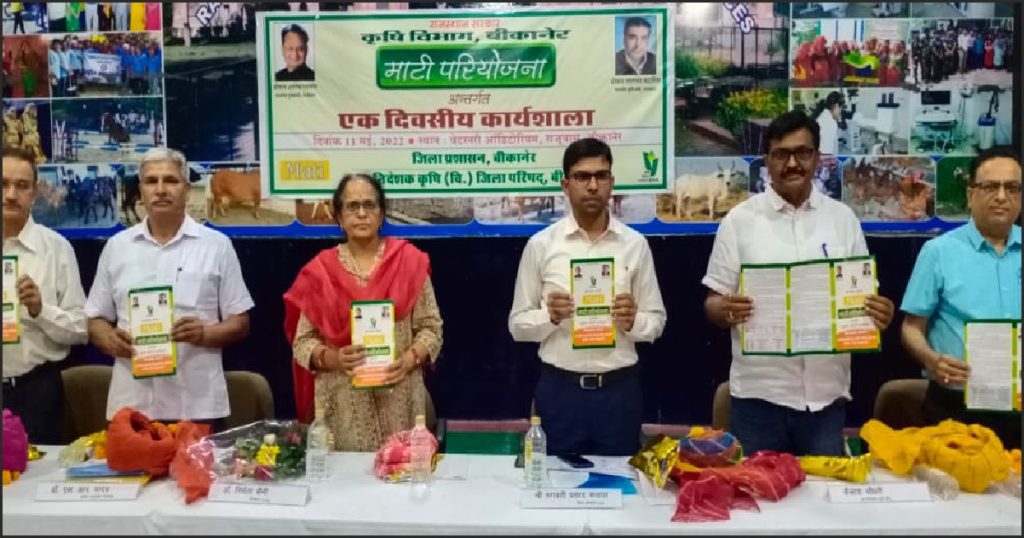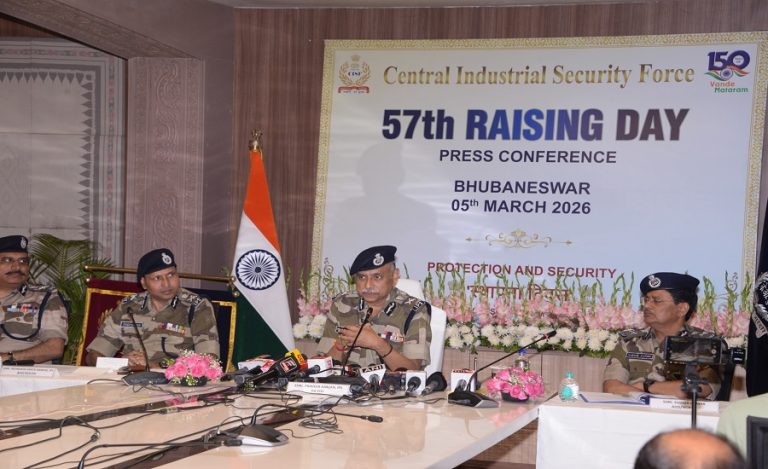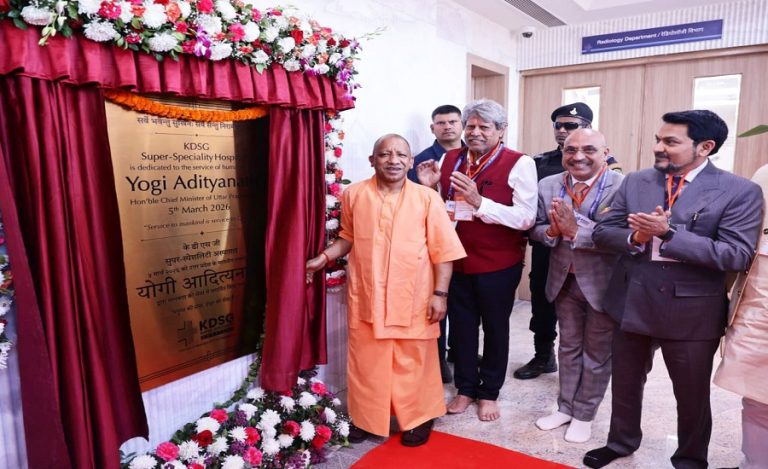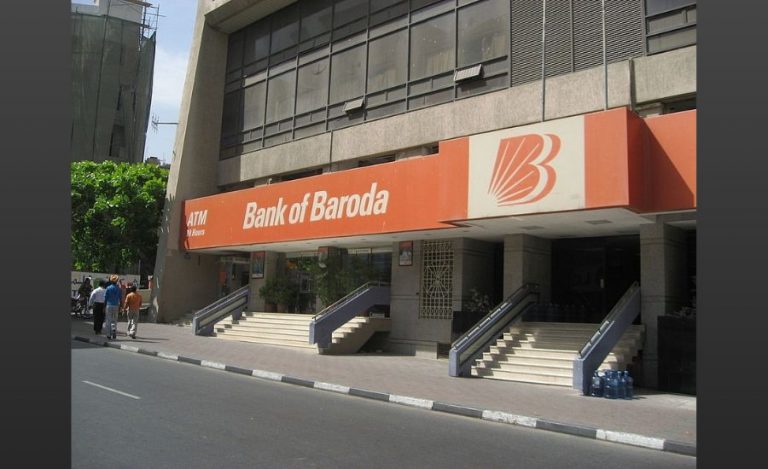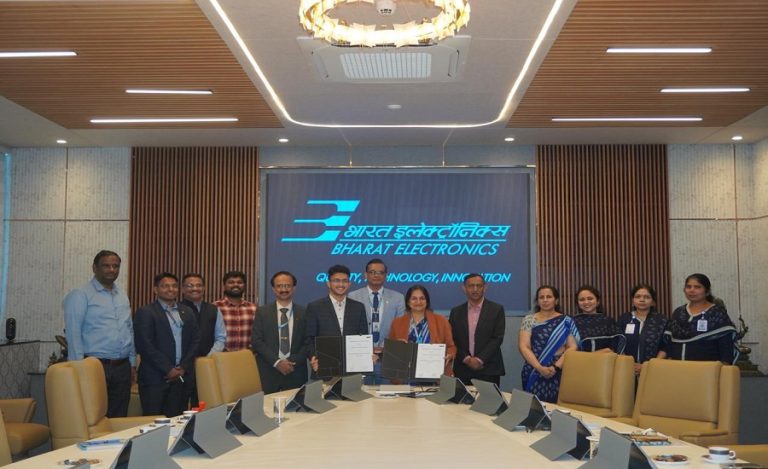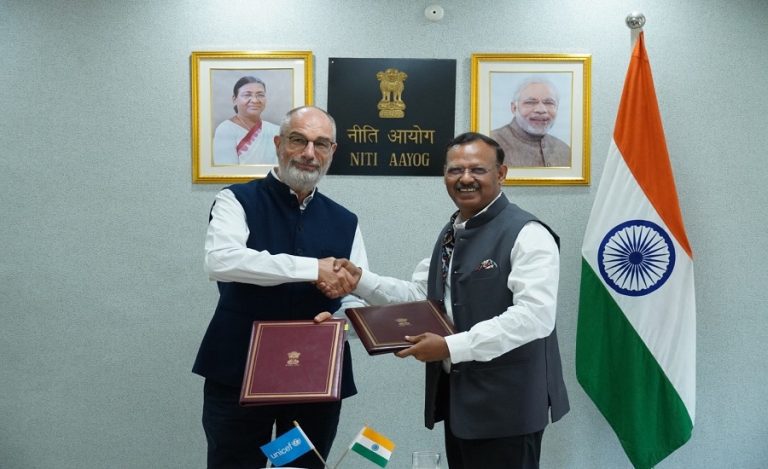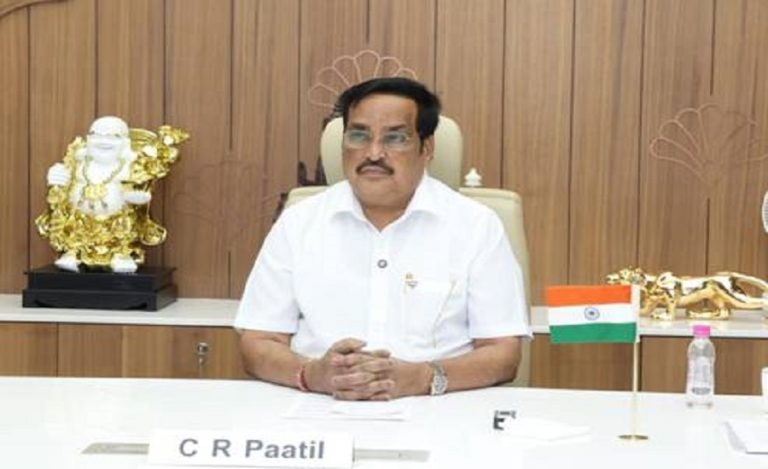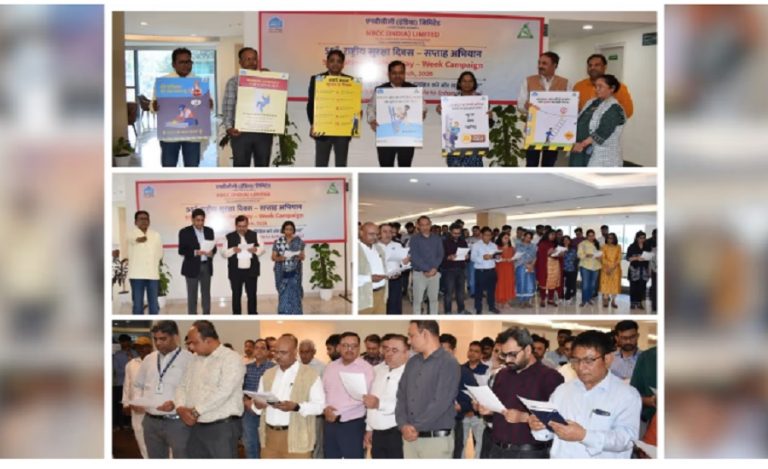A land-based initiative designed especially for farmers is bringing sweeping changes across Bikaner. Aptly named ‘Mati’, which means soil, the initiative aims at increasing the income of the farmers by yielding more crop production by making farmers aware of soil health, organic and protected farming, crop diversification, animal husbandry, pest and disease management, micro-nutrients, and the benefits of the Pradhan Mantri Fasal Bima Yojana.
The Mati project was taken up under the leadership of District Collector of Bikaner, Bhagwati Prasad Kalal, a 2011-batch IAS officer, and it is already ushering in changes in the farming industry. Indian Masterminds interacted with the officer to get more details.
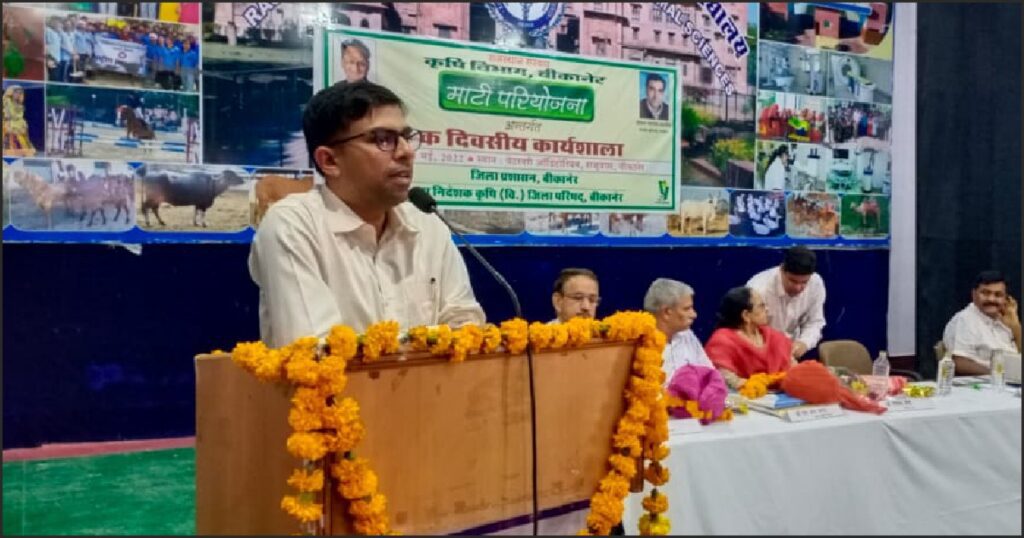
THE MATI INITIATIVE
In the absence of proper information and guidance, farmers are unable to adopt innovations in farming and do not get the expected benefits. And, sometimes, the yield of crops is not up to the expectations due to low soil capacity or lack of knowledge about the soil capacity. The productivity of crops also depends to a large extent on micro-nutrients. Hence, the administration is educating the farmers on important aspects of cultivation that can help them yield bigger produce and higher returns.
Mr. Kalal said, “There are mainly two components in the soil initiative. One is the general awareness associated with the soil, in which, seminars are being organized in different villages of the districts. In which, we tell the farmers to adopt animal husbandry and organic farming, how to identify and use pests, use of micro-nutrients by identifying the different colours in leaves, developed due to diseases, and Prime Minister Crop Insurance scheme. We also educate them on crop diversification and growing those crops whose market value is good.”
This is the first component, in which the farmers’ knowledge about agriculture is increased, and they are connected to modern techniques of cultivation, and trained to look at agriculture as entrepreneurship.
PILOT PROJECT
In the second component, a pilot project is being started in a planned manner to increase the income of a total of 1250 farmers, including 25 farmers of five villages of five assembly constituencies in rural areas of the district. “Here, the focus is on doubling their income. There is no particular formula for doubling income of farmers, so our aim is to focus on individual farmers and their strategies. Then, we make an individual farm plan for the farmers in which all the things related to farming are mentioned, like which kind of farming they are doing currently, what’s their income, and what needs to be done for doubling it, what needs to be done for increasing productivity, how to maximise the use of their land, etc,” Mr. Kalal said.
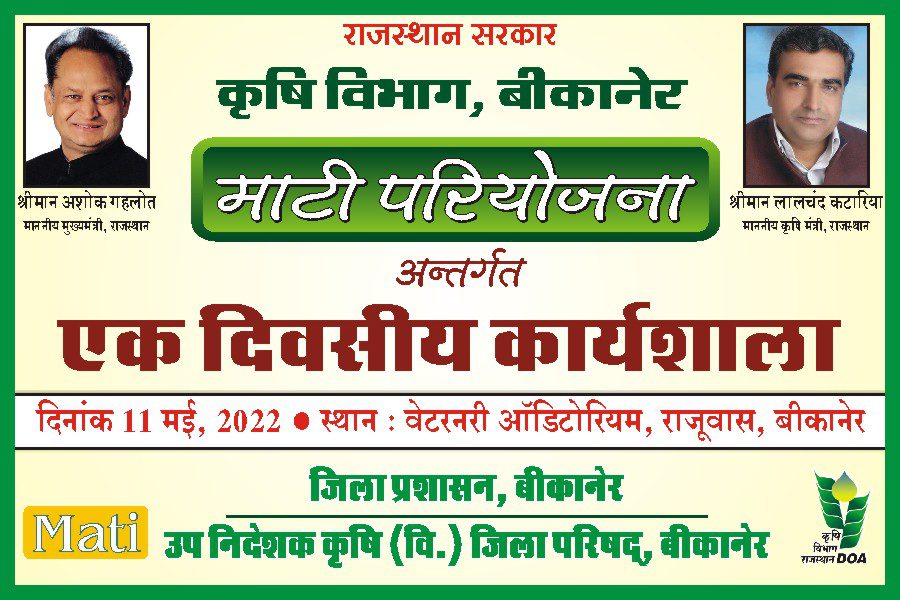
This is being done by converging different departments, like animal husbandry, agriculture, horticulture, dairy and cooperative departments, etc., so that the farmers can go for cooperative farming and reduce the input cost while increasing the productivity. This way, in future, they can run their cooperative farming like a company. The main objective is to double the farmers’ income and help them run their agriculture activity like a firm or business. “In the future, they can even hire an agriculture graduate. And, if their income increases with hired person’s inputs, then they will give some shares from their increased income. This is the plan that we have given them and we are hopeful it will bring good results in three months’ time,” Mr. Kalal said.
TOUGH TASK
This was an extremely difficult task to implement in a low-water desert area like Bikaner. Despite this, the campaign was started by taking all the government departments related to agriculture together. On May 11, a district-level workshop was organized in the auditorium of the Veterinary College, Bikaner, in which all aspects of the soil project were discussed. Apart from representatives from the University of Agriculture and Animal Sciences, representatives of five institutes of ICAR also participated. As per a decision at the workshop, technical information was then made available to the farmers by organizing seminars in all villages.
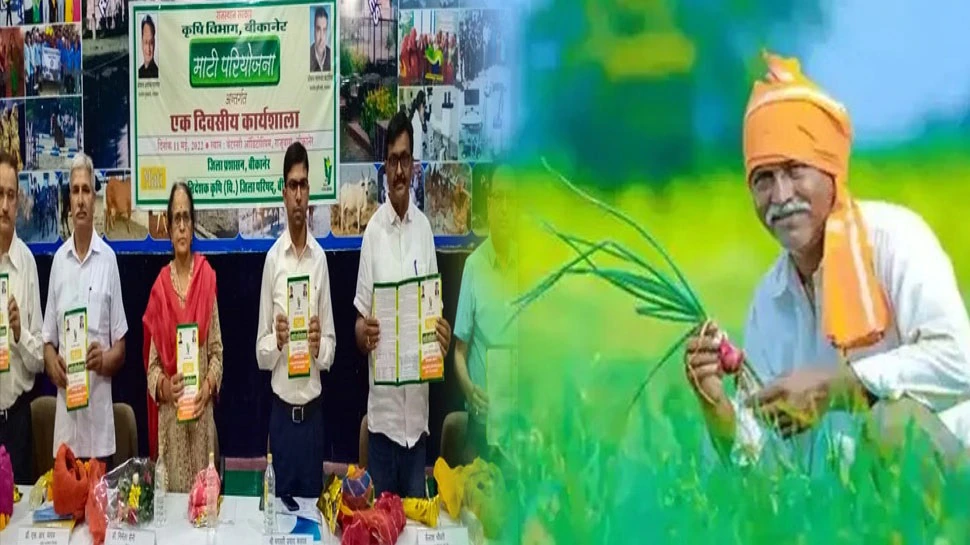
POSITIVE RESULTS
With the help of the second component of this initiative, studies will be done to ascertain the difference in production and income in traditional farming vis-a-vs farming done under the supervision of agricultural experts. If the pilot project is helpful, then, it would be applied in the whole district.
Overall, the farmers are getting the benefit of the innovations being introduced in the district, giving a much-needed direction and bringing welcome changes in their lives by increasing their income.

